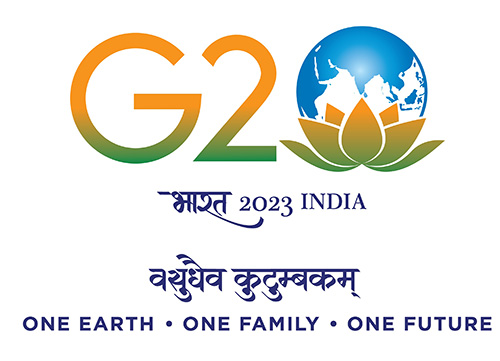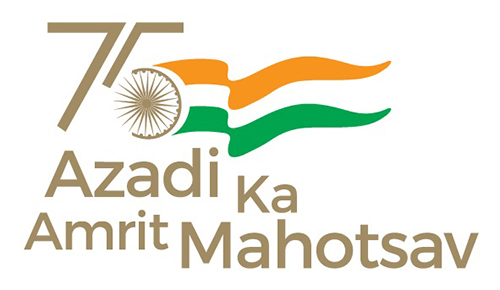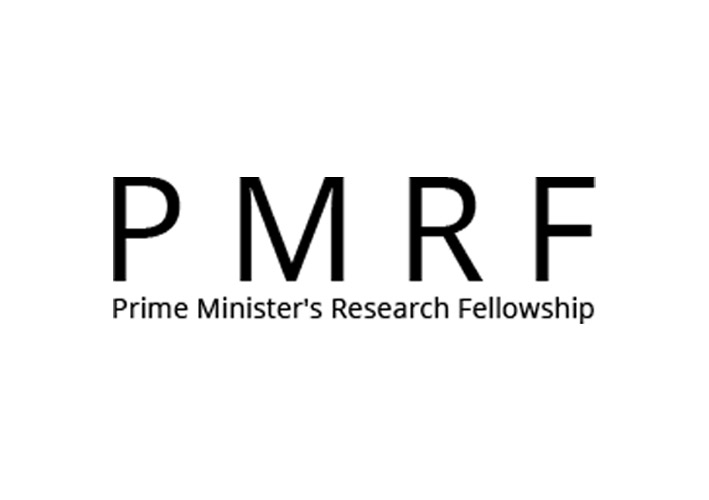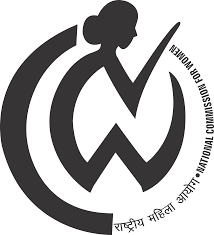Lata Panwar
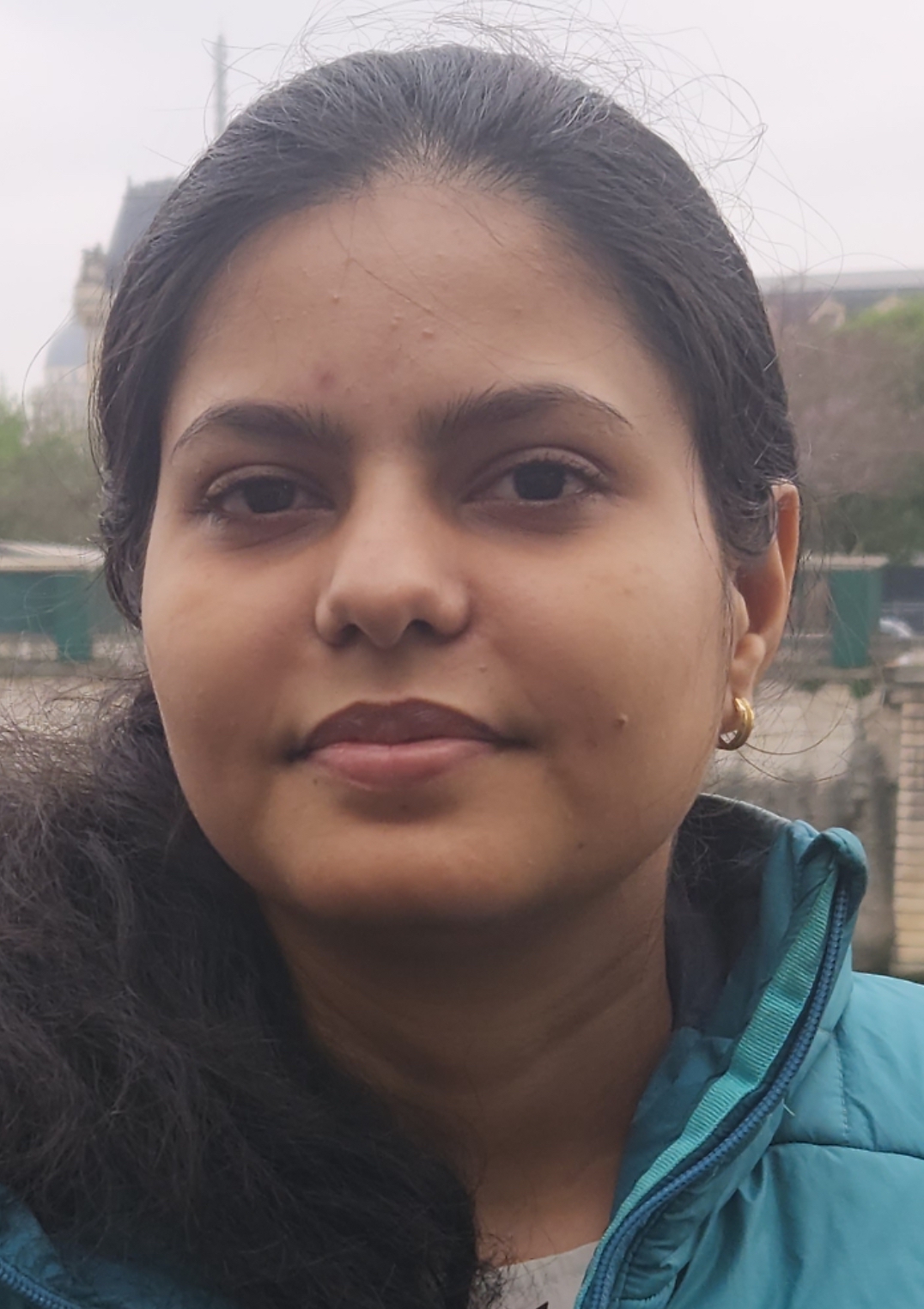
Lata Panwar
Assistant ProfessorBiography
Dr. Lata Panwar is an Assistant Professor in the Department of Physics at the Indian Institute of Technology (IIT) Jodhpur. She joined the institute in April 2025.
She earned her B.Sc. (Hons.) and M.Sc. degrees in Physics from the University of Rajasthan (2011 - 2014, 2014 - 2016), and completed her Ph.D. in Experimental High Energy Particle Physics at the Indian Institute of Science (IISc), Bangalore, in 2022. Her doctoral research, under the supervision of Dr. Jyothsna Rani Komaragiri, focused on searches for nonresonant and resonant Di-Higgs production at 13 TeV using proton-proton collision data from the CMS detector at the Large Hadron Collider (LHC), CERN.
Following her Ph.D., Dr. Panwar pursued postdoctoral research at the Laboratoire de Physique Nucléaire et des Hautes Énergies (LPNHE)-CNRS-Sorbonne Université / Université Paris Cité, working with the ATLAS collaboration. She collaborated with Dr. Bogdan Malaescu, Dr. Luc Poggioli and Dr. Reina Camacho Toro on deriving in situ Jet Energy Scale (JES) calibrations for ATLAS and on Quantum Chromodynamics (QCD) and Lund Jet Plane studies at ATLAS and at the proposed Future Circular Collider-electron-positron (FCC-ee) experiment.
At IIT Jodhpur, Dr. Panwar is building a dynamic research group in Experimental High Energy Physics, focusing on Higgs and Jet Physics at the LHC and FCC.
Research
Our research group at IIT Jodhpur is a growing team engaged in cutting-edge research in the field of Experimental High Energy Physics (EHEP). We are actively involved in exploring fundamental aspects of particle physics through both current and future collider experiments. Our primary research interests include:
- Jet performance studies
- Data analyses using LHC datasets, with a focus on Higgs and QCD physics, including the application of modern techniques such as machine learning
- Projection and feasibility studies for the proposed Future Circular Collider (FCC)
We invite enthusiastic students and researchers to collaborate with us and contribute to the growing landscape of experimental high energy physics.







